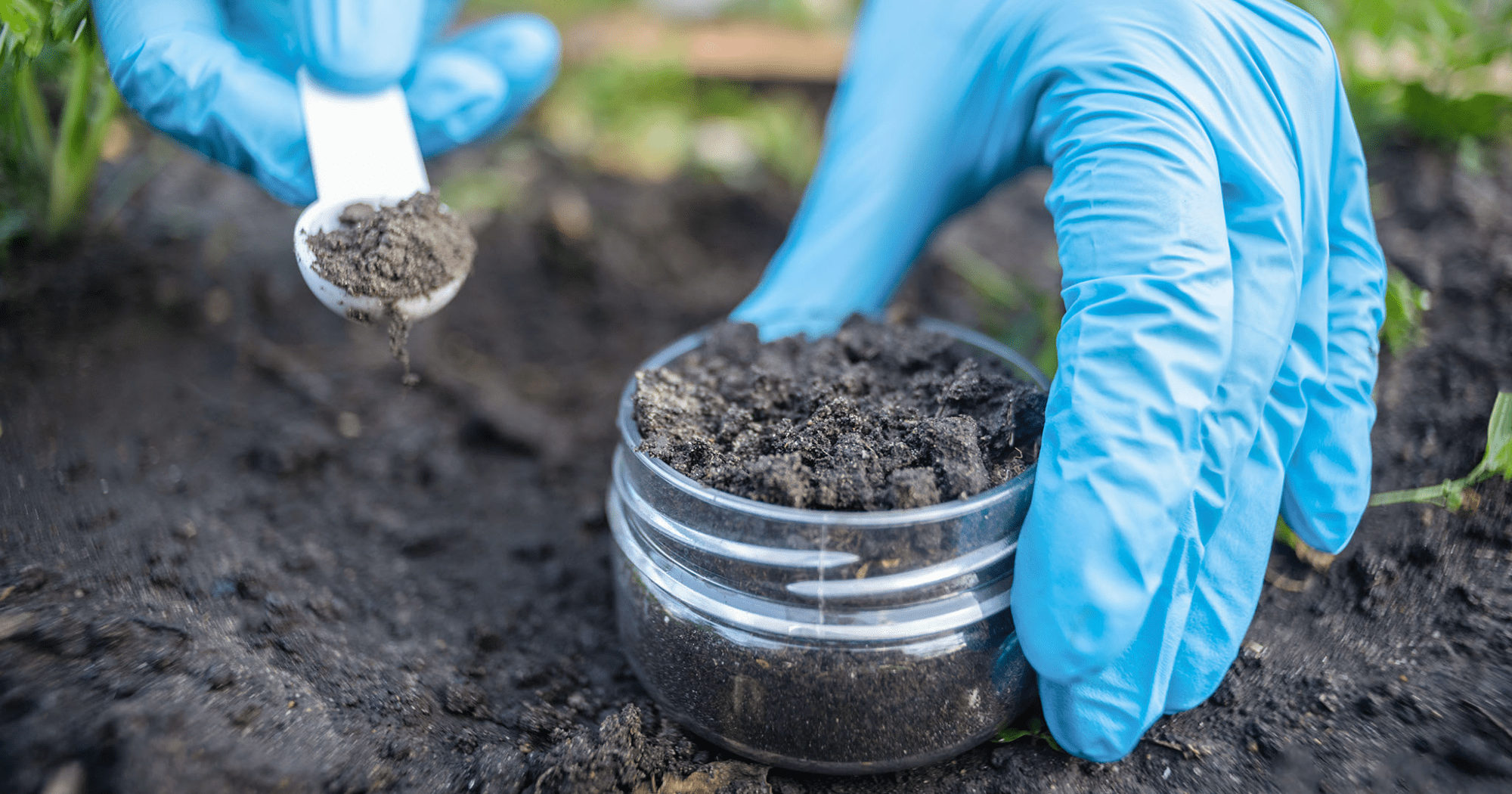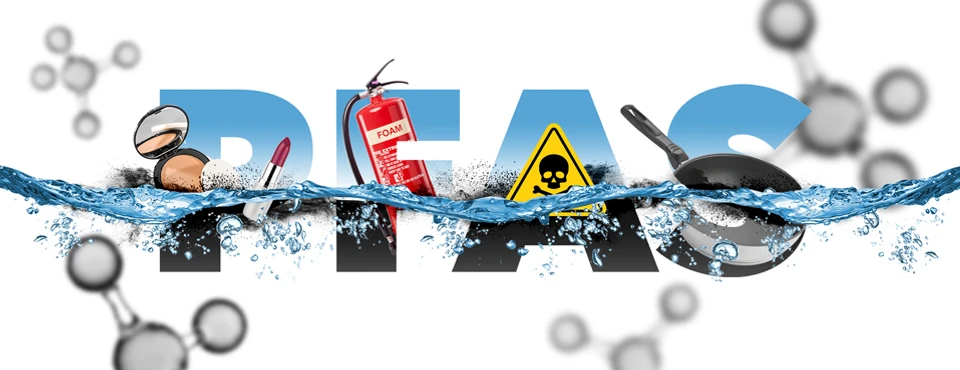New rules may soon allow PFAS-contaminated farmland to qualify for a 10% federal tax credit for renewable energy projects, which could lead to more solar farms being developed on polluted land.
New Rules Could Allow Solar Farms on PFAS-Contaminated Land to Qualify for Federal Tax Credit
According to Bloomberg Law, new rules might soon make it clear if farmland contaminated by PFAS chemicals can qualify for a 10% federal tax credit. This credit is meant for renewable energy projects on polluted land, known as brownfields. While current laws don’t specifically include farms in this category, upcoming guidelines are expected to help.
In Maine, a law already prioritizes using PFAS-contaminated farmland for renewable energy projects, although it doesn’t offer financial incentives. Developers like Walden Renewables are looking to build solar farms on such land, seeing it as a good use since solar panels don’t disturb the soil much, reducing the risk of spreading the chemicals.
READ ALSO: $1.8 Million Settlement: Maryland Residents Can Get Compensation for Unlawful Utility Fees

$10 Billion in Tax Credits: New Federal Rules to Help Farmers Redevelop PFAS-Contaminated Land for Renewable Energy (PHOTO: EnviroForensics)
Challenges Remain for Solar Projects on Contaminated Farms, But New Incentives Could Boost Developments
However, not all contaminated farms are suitable for solar projects due to costs and location challenges. Even so, the tax credit and Maine’s law could lead to significant renewable energy developments on polluted farmland, benefiting both farmers and developers.

















































